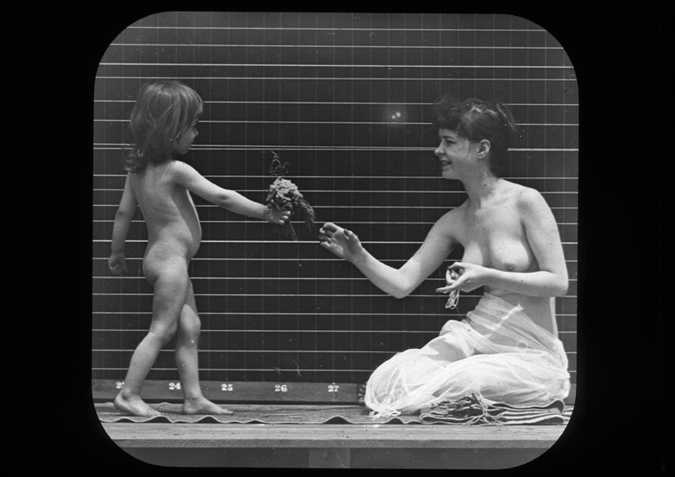She has a gilt complex and a poison pen
………………….The night was like a moment added to the day. Signing his
name and forgetting his friends like years going backwards to
the beginning of ambient textuality.
…………………Endless couplets and in the brilliant sunshine
the unchanging things began again. Non-pressure modalities.
The characters of the story were always tiresome. The administrative and
problematic heavy industry publications.
………………..The ideas the wonderful quotations if you looked closely
metadata containers everybody knew. I’m reading a novel I’m on an
architectural space. Dear Eve Shakespeare is a sound.
………………….He was secretly interested in adventurers and adventuresses
the book in durational energy. Paid for does it make dinner
an uncomfortable domestic container. Before she finished the chapter
Miriam knew the position of each piece of furniture.
…………………The information on the surface was romantic and modular.
Every page a discrete unit absorbed in a massive amount of footnotes.
Sarah Mangold live in Edmonds, WA and is the recipient of 2013 NEA Poetry fellowship. Her first book, Household Mechanics (New Issues, 2002) was selected by C. D. Wright for the New Issues Poetry Prize. Her second book, Electrical Theories of Femininity (forthcoming, Pavement Saw Press) was selected for the Transcontinental Poetry Award. Her most recent chapbooks included Cupcake Royale (above/ground press), I Meant To Be Transparent (LRL e-edtions) and An Antenna Called the Body (Little Red Leaves Textile Editions). From 2002-2009 she edited Bird Dog, a print journal of innovative writing and art.


